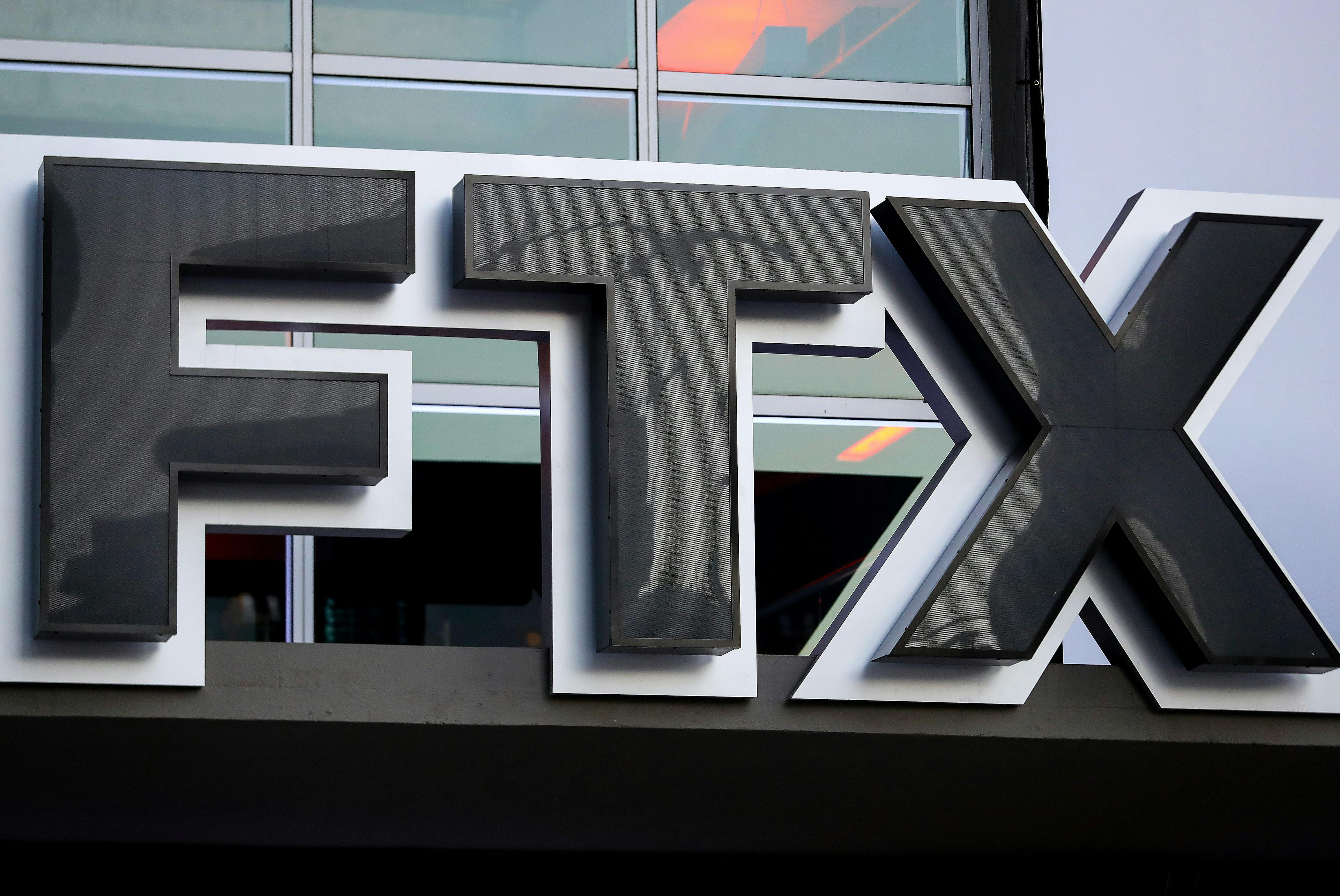FTX customers could finally get their money back as reorganization begins
It took two years, and while some investors are not holding their breath for the money, they’re surprisingly still bullish on crypto overall.
A little more than two years after FTX’s collapse, today might be the day of reckoning for crypto investors who lost money on the platform. On December 16, FTX and its debtors announced that the Chapter 11 plan of reorganization would happen on January 3 in partnership with BitGo and Kraken, with payouts to follow.
“The Initial Distribution is expected to occur within 60 days of the Effective Date, with participation subject to know-your-customer and other distribution requirements,” an FTX news release said.
FTX Claims Portal: Distribution
— Sunil (FTX Creditor Champion) (@sunil_trades) December 31, 2024
Bitgo and Kraken are only available currently
Bitgo only: China, India, Indonesia
Kraken only: Qatar, Vietnam, Venezuela
Some countries can not choose either, FTX debtors are investigating options
Email: FTX and Distributor should be same
Jan… pic.twitter.com/Ez1mtGdVOs
FTX’s blowout and collapse in November 2022 affected hundreds of thousands of investors, many of whom lost their life savings. But finally these customers may get their money back. One investor, who we’ll call Harry (not his real name), spoke with Sherwood News about his experience.
“I was working in a crypto company, and on the day it happened the news came through CoinDesk and other crypto publications, and the announcement came through emails,” Harry said. “I tried to withdraw the money, but there was a huge run, so I wasn’t able to.”
Although Harry didn’t lose his life savings — he usually kept about $20,000 to $30,000 on the platform, but at the time had around $6,000 — he was shocked. Harry’s crypto investments were primarily in bitcoin and FTT, FTX’s native coin.
“You perceive the figures who ran the company as vetted and regulated giants who have credit. Sam was everywhere,” Harry said, referring to FTX founder Bankman-Fried. “He was the next messiah in crypto.”
But Bankman-Fried was no savior — he was the leader of a massive crypto fraud. Last March, he was sentenced to 25 years in prison and ordered to pay $11 billion for his fraudulent schemes, the Department of Justice said.
According to an October release, FTX had between $14.7 billion and $16.5 billion available for distribution. Under this plan, “98% of the creditors of FTX by number will receive approximately 119% of the amount of their allowed claims within 60 days after the effective date of the plan.”
Harry filed a claim on the FTX debtors’ customer portal but said “he’s not holding his breath” for a payout.
“You’re sort of living in hope, but at the same time, with anything like this, you bite the bullet and consider you will never get your money back,” he added.
There are some caveats to the payouts, notably that the repayments are based on the price of the assets at the time of FTX’s collapse. In November 2022, bitcoin was worth between $15,000 and $17,000. Now it’s hovering around $100,000 — a more than 500% increase — which stings for many investors. The same goes for ethereum, which was worth between $1,200 and $1,600 at the time of FTX’s blowout. Today it’s at over $3,600.
That said, the process went relatively fast. For comparison, the Mt. Gox debacle took 10 years for customers to get their money back, and the payments are still ongoing.
Fast doesn’t mean smooth, though. FTX investors are taking to Reddit and X to share the difficulties, from Kraken or BitGo not supporting their state or country of residence, to the Kafkaesque chain of necessary steps.
When asked whether an FTX-like collapse could happen again, Harry doesn’t hesitate. “Absolutely,” he said. “If anything, FTX has shown that the industry is not mature enough, that there is not enough regulation, and that there is not enough compliance to vet people. Everything is a catch-up game. The space is growing exponentially too fast.”
Yet Harry still has faith in crypto. He now has “upward of $200,000” in assets, mostly bitcoin, ethereum, Solana, and “a few gambling coins.”
But there is one difference in how he approaches these investments now. While he trades on centralized exchanges, he doesn’t keep his money on them, but stores most of it in cold wallets.
“I would never hold any amount that is going to change my life on exchanges anymore,” he said.
Additionally, Harry said it’s crucial to pay attention to due diligence and not ride the wave of the hype and the media so much.
“Also, don’t put more than you are willing to lose in centralized places — there’s always human error, regulation, and cults of personality.”
While he contends that the industry still needs to mature in its organization and regulation, he’s willing to take these risks.
“These are gambling assets and there are a lot of bad actors,” he added. “But there are also good actors such as the Solana Foundation, the Avalanche Foundation, and a lot of great projects.”
As he puts it, the bad apples are the “early ones” who made a lot of money because many investors lacked knowledge about the space. “Now people conduct more research, and so it’s harder to scam anyone.”
